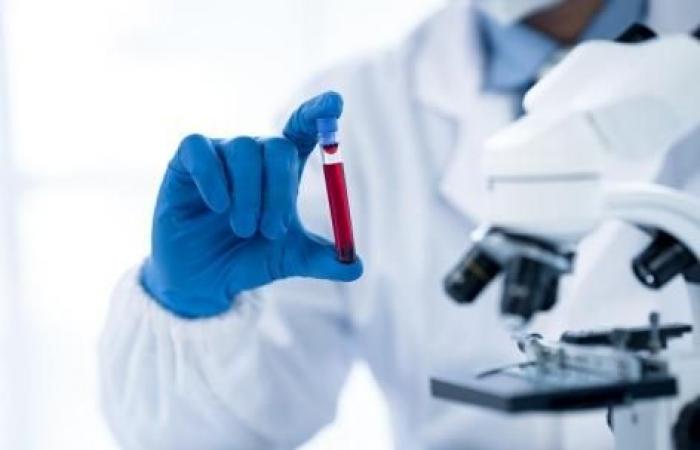THE ESSENTIAL
- Swedish researchers have identified protein markers in the blood that predict inflammatory bowel disease (IBD) up to 16 years before diagnosis.
- A combination of 29 proteins can accurately detect Crohn’s disease, but predicting ulcerative colitis is more complex. These biomarkers could enable early interventions, limiting the damage caused by these diseases before symptoms appear.
- The study also highlights the key role of the intestinal barrier and the immune system in the development of IBD.
What if a simple blood test could reveal a risk of developing a serious intestinal disease well before the first symptoms appear? Researchers at Örebro University, Sweden, have identified blood protein markers capable of predicting inflammatory bowel diseases (IBD), such as Crohn’s disease or ulcerative colitis, up to sixteen years ago. their diagnosis. Their work was published in the journal Gastroenterology.
29 proteins to predict Crohn’s disease
By analyzing nearly 800 blood samples, the team identified specific protein profiles that differentiate healthy individuals from those at risk of developing IBD. Their analyzes show that a combination of 29 proteins can predict Crohn’s disease with great accuracy, while predicting ulcerative colitis, although possible, is more complex.
“We have taken an important step towards early prediction and prevention of these diseases”, which affect more than 250,000 people in France alone, welcome the researchers in a press release. According to them, detecting these biomarkers long before symptoms appear could revolutionize patient care.
Early intervention to limit the damage
These discoveries open the way to anticipated interventions, potentially capable of improving the quality of life of people at risk. “The disease can progress silently for years, causing irreversible damage to the digestive system before treatment begins.”underline the scientists. However, no current treatment can repair these lesions. Acting early is therefore crucial to avoid complications and optimize patient prognosis.
The study also reveals that proteins associated with the intestinal barrier and the immune system play a key role in the development of IBD. These results could help researchers to better understand the biological mechanisms behind these pathologies and, ultimately, to design new, more targeted treatments. While this early detection method is still in the research phase, it could one day become a key tool for preventing IBD before it damages the digestive system.
Health






